Atlanta Child Murders - What Mindhunter didn't tell you about the controversial case
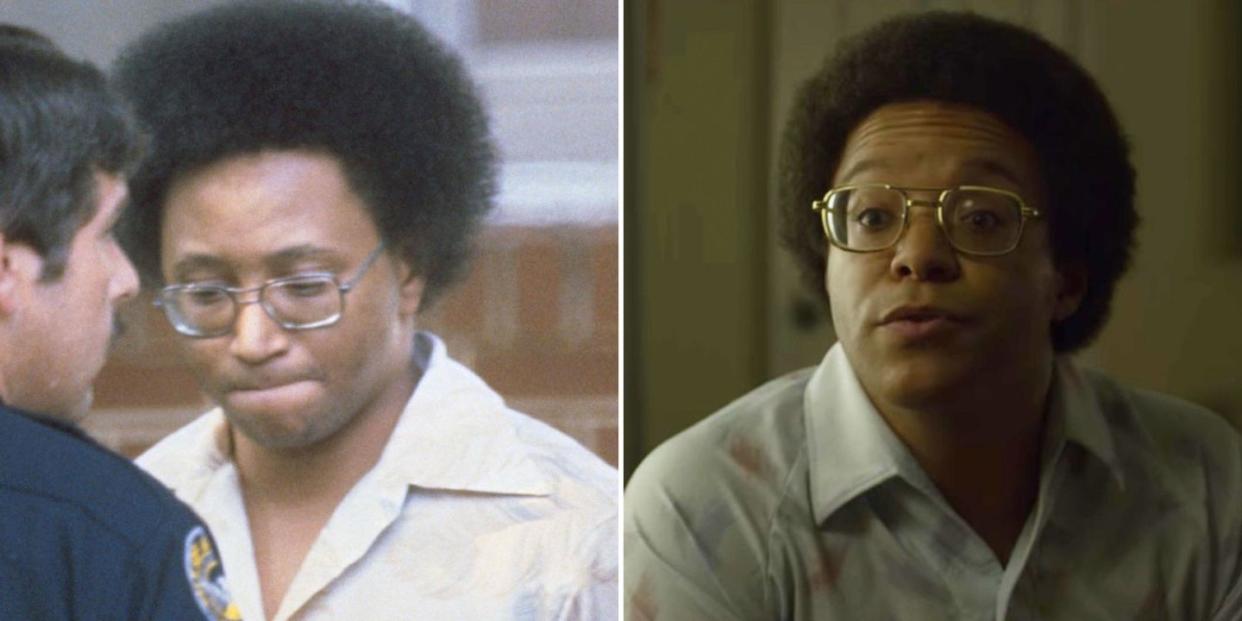
Note: This article contains spoilers for Mindhunter season 2.
Netflix's Mindhunter has revisited the Atlanta Child Murders and subsequent conviction of Wayne Williams; a case that the FBI's fairly new (at that time) Behavioural Sciences Unit was heavily involved in.
In 1979 in Atlanta, a number of young, black children (mostly male) started to go missing. In some cases, their bodies started to be discovered weeks or months later, leaving families and communities devastated.
For the three years that the disappearances and killings were engulfing Atlanta, it had a profound effect on life there. As seen on Mindhunter, local television stations would report every update, often ending each broadcast with the question: 'Do you know where your children are?'
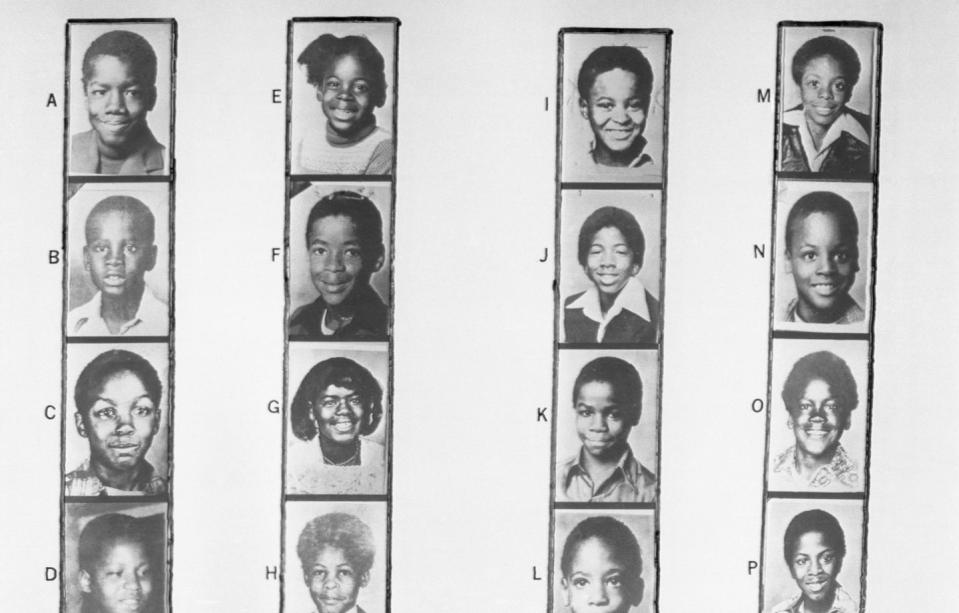
Related: Mindhunter's Ed Kemper – his true story, according to the FBI agent who interviewed him
This was unfolding against a political backdrop which saw the city, the capital of the state of Georgia, trying to emerge from its pivotal role in the 1960s Civil Rights Movement into a new progressive era for black Americans. In 1973, Atlanta had elected its first black Mayor, Maynard Jackson – also the first to hold office in a southern state.
Jackson was under a lot of pressure to provide answers. He had put forward a financial reward for information that would lead to catching the culprit. It is said that during that time period, he ordered extra protection for his own children, which also goes some way to illustrate the fear of the time.

Related: What to expect from Mindhunter season 3
Greg Pridgeon, a former aide to the Mayor, previously said that the time of the murders was "difficult" to live and work in.
"He [Mayor Jackson] put extra pressure on the police and on himself to make this bad situation go away," Pridgeon explained in The Atlanta Journal-Constitution's 2003 obituary for Jackson.
"It was a difficult time in his administration and his life – young black kids getting snatched up and killed... Him seeing young Atlantans, whom he loved dearly, killed, hurt him."
John Douglas, one of the leading criminal profilers whose pioneering work helped shape the investigative approach towards solving violent crimes, was among the FBI agents that provided assistance in the Atlanta investigation. In Mindhunter, the character of Holden Ford has been inspired by him.
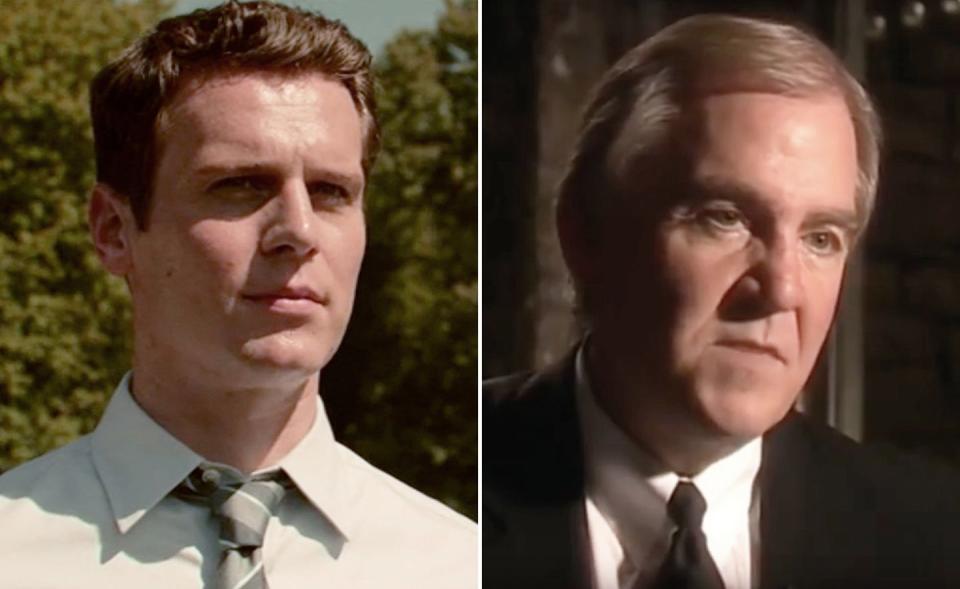
A special task force was put together to investigate Atlanta's missing children and the murders, made up of officers from the Atlanta police department and the Georgia Bureau of Investigation.
According to FBI documents, Special Agents consulted with the Atlanta Police Department's Task Force in 1980. They spent a number of days reviewing the case files and three crime scene sites, and it was concluded that a psychological profile of the potential suspect could be offered for victim Angela Lanier at that time. This was based on reviewing, analysing and researching cases of a similar nature (as detailed in Mindhunter and the interviewing of repeat offenders).
Months later, when two more victims were found (Clifford Jones and Charles Stephens), the FBI provided two more psychological profiles. Although the psychological profiles haven't been published, it is now known that, among other psychological characteristics (based on the Behavioural Science techniques), the suspect was thought to be a black male.
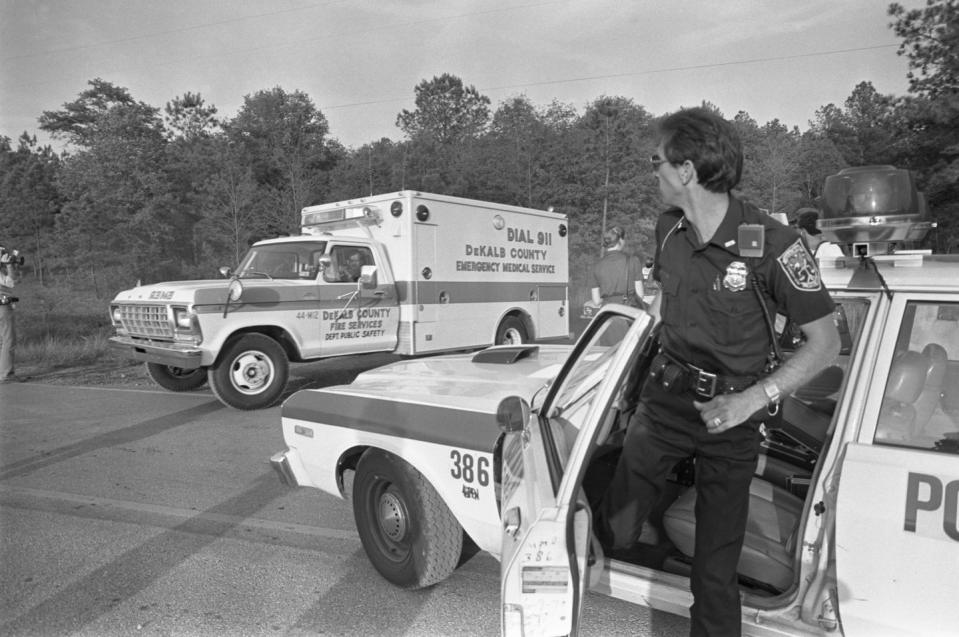
Related: One big criticism of the Ted Bundy Tapes, according to former FBI agent John Douglas
Based on sites where bodies had been recovered from, and patterns of behaviour relating to the assailant, the FBI agents recommended a plan to monitor the bridges and the river in the city. During one of the stakeouts, detectives reported hearing a splash in the early hours of the morning. They pulled over the car that was driving by at this time and questioned the driver, Wayne Williams. They did not have enough evidence to hold him at that time.
But when Wayne Williams was eventually taken into police custody, the FBI's John Douglas responded to a reporter's question about what he thought of Williams as a suspect. "I replied that he looked 'good'," he wrote in the Mindhunter book of the same name. "And that if he panned out, he'd probably be good for at least several of the cases."
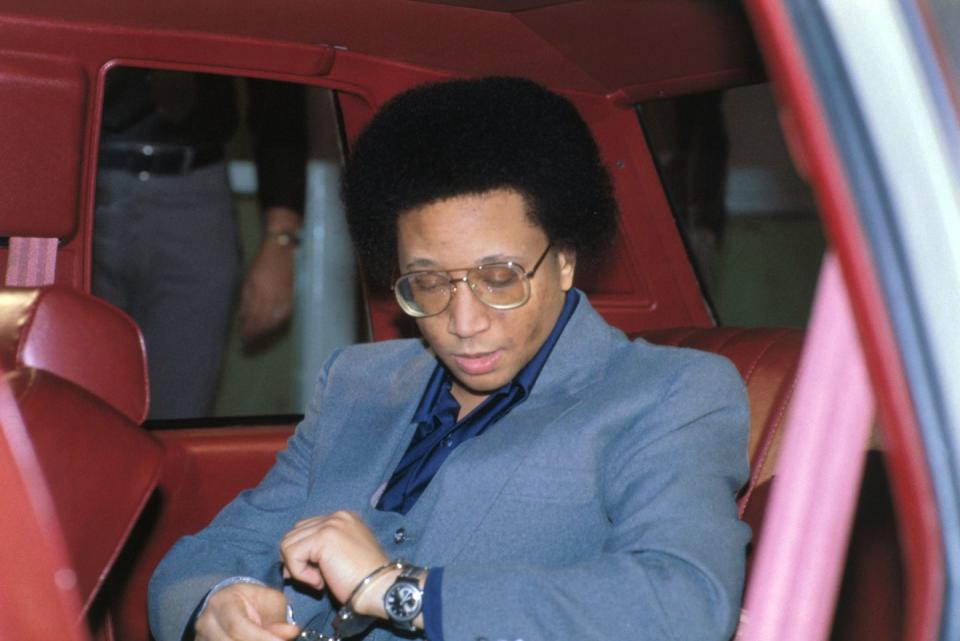
This got him in trouble, though. "Even though the FBI had asked me to do the interview, they said I was speaking inappropriately about a pending case," Douglas claimed. He subsequently got a "letter of censure" from the Bureau. This was followed by a "letter of commendation" for his work on the Atlanta case.
Having provided the criminal profile, Douglas's involvement continued through Williams' trial (via AJC) reportedly to help prepare the prosecution to plan its cross-examination.
Wayne Williams was charged with two murders; Nathaniel Cater (aged 27) and Jimmy Ray Payne (aged 21). Payne was thought to be friends with Patrick Rogers (also known locally as Pat Man), another victim in the spate of tragedies in Atlanta.
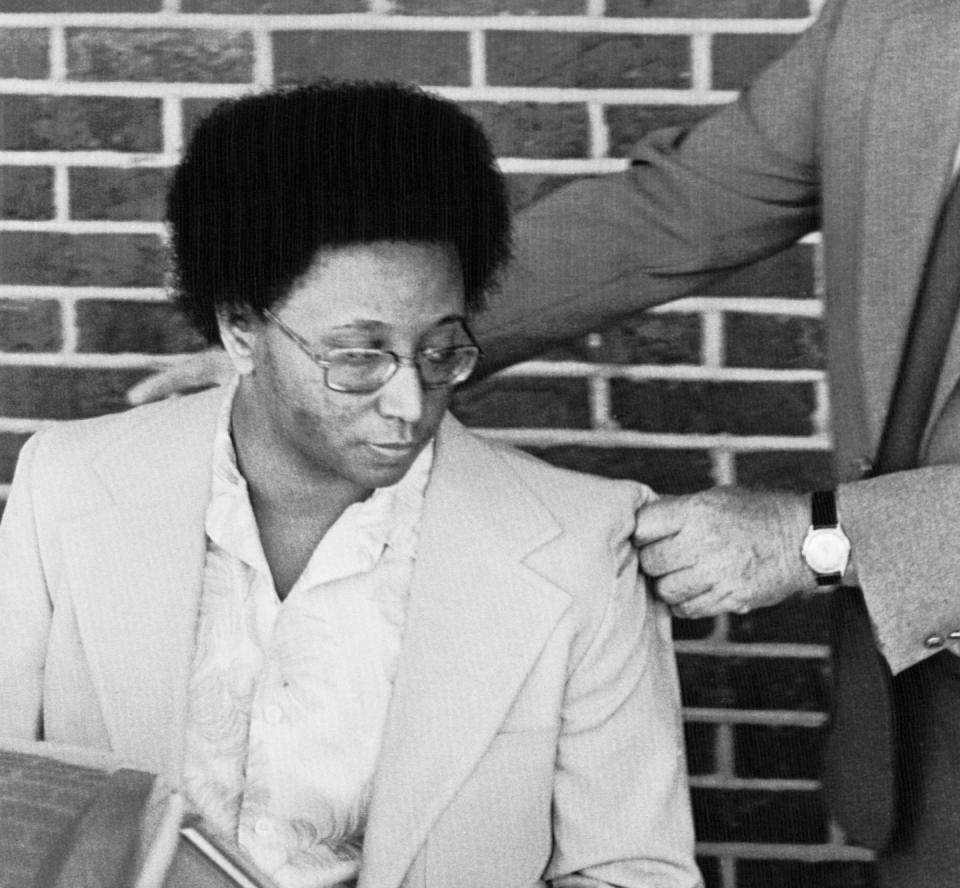
Related: Are we right to have an obsession with true crime?
Williams was convicted in 1982 in the cases of Cater and Payne, and is now serving a life sentence. Despite investigators believing that he is also responsible for at least some of the other murders from the time period of 1979-1981, most of them children, Williams has never faced charges in court for any of these other cases. In fact, nobody has.
Williams has always asserted his complete innocence. He has tried to appeal and get his conviction overturned, but has not been successful.
Because police alleged that Williams was likely responsible for most of the Atlanta murders, they closed the bulk of the other cases. One presumed victim, Darron Glass, is actually still missing.
Due to the fact that there have never been concrete answers or convictions to back them up, there have been a number of theories over the years.
As touched on in Mindhunter, many living in Atlanta at the time – particularly in the black community – feel that the Ku Klux Klan might have been involved. This was one of the threads investigated in the 2018 podcast, Atlanta Monster.
Atlanta Child Murders - Is there an update in any of the cases?
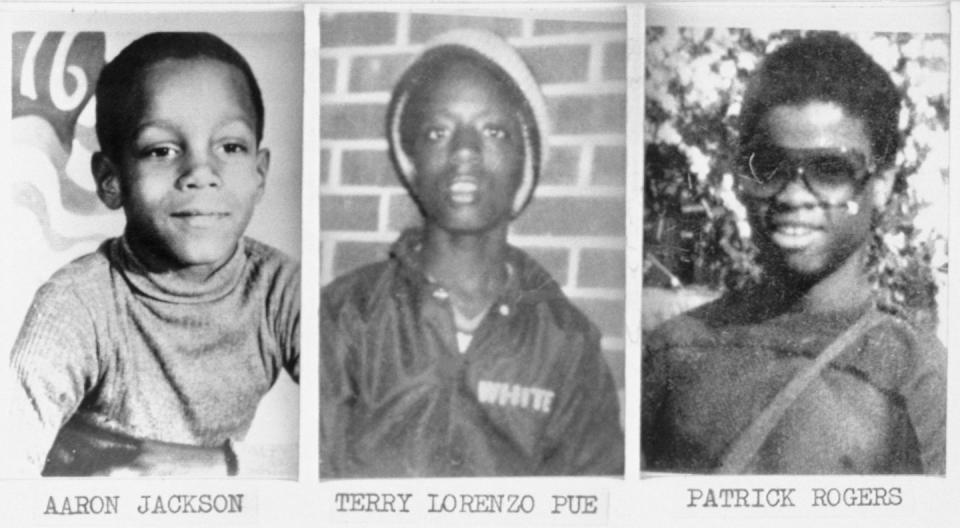
Fast-forward to 2019 and the current Mayor of Atlanta, Keisha Lance Bottoms, has re-opened the cold cases and wants to have evidence retested using up-to-date DNA technology (via New York Times).
This will be a joint effort between the Atlanta Police Department, the Fulton County District Attorney's Office and the Georgia Bureau of Investigation. (It's worth noting that five of the murders were committed in DeKalb County; they were reopened in May 2005 by the County Police Chief Louis Graham but were closed a year later).
The focus of this reinvestigation, according to Bottoms, is not to determine whether or not Williams was, in fact, involved, but to finally provide answers to those that the tragedies directly affected.
The Mayor recently spoke to Atlanta Police Chief Erika Shields, and she said that re-examining evidence "may give some peace – to the extent that peace can be had in a situation like this – to the victims' families" (via CNN).
Catherine Leach, whose 13-year-old son Curtis Walker is among the unsolved cases, has responded to the news, telling CNN that she wants to finally know what happened to her child all those years ago.
"I've been going through this for a long time. I have been let down," she said. "It seems like the Atlanta missing and murdered children have been forgotten in this city... I don't think it's right for all these kids to be killed in this city and nobody was concerned about it."
"I want some closure," she added. "I want to know who killed Curtis."
In December 2022 the victims' families called for the results of DNA testing ordered over a year prior.
Jimmy Howard, a spokesman for some of the families, spoke on their behalf, stating:
“Today the families of the murdered children requested via the media that the city of Atlanta release the results of the DNA testing sent over a year ago to the testing lab.”
He also said: “Former Mayor Keisha Lance Bottoms said at the end of her term in office that that was being done.
“No lab results have ever been given to the families. We call upon the city of Atlanta to finally fulfill that promise.”
The case continues.
Mindhunter season two is now available to stream on Netflix, along with Mindhunter season one.
Want up-to-the-minute entertainment news and features? Just hit 'Like' on our Digital Spy Facebook page and 'Follow' on our @digitalspy Instagram and Twitter account.
You Might Also Like

 Yahoo News
Yahoo News 
